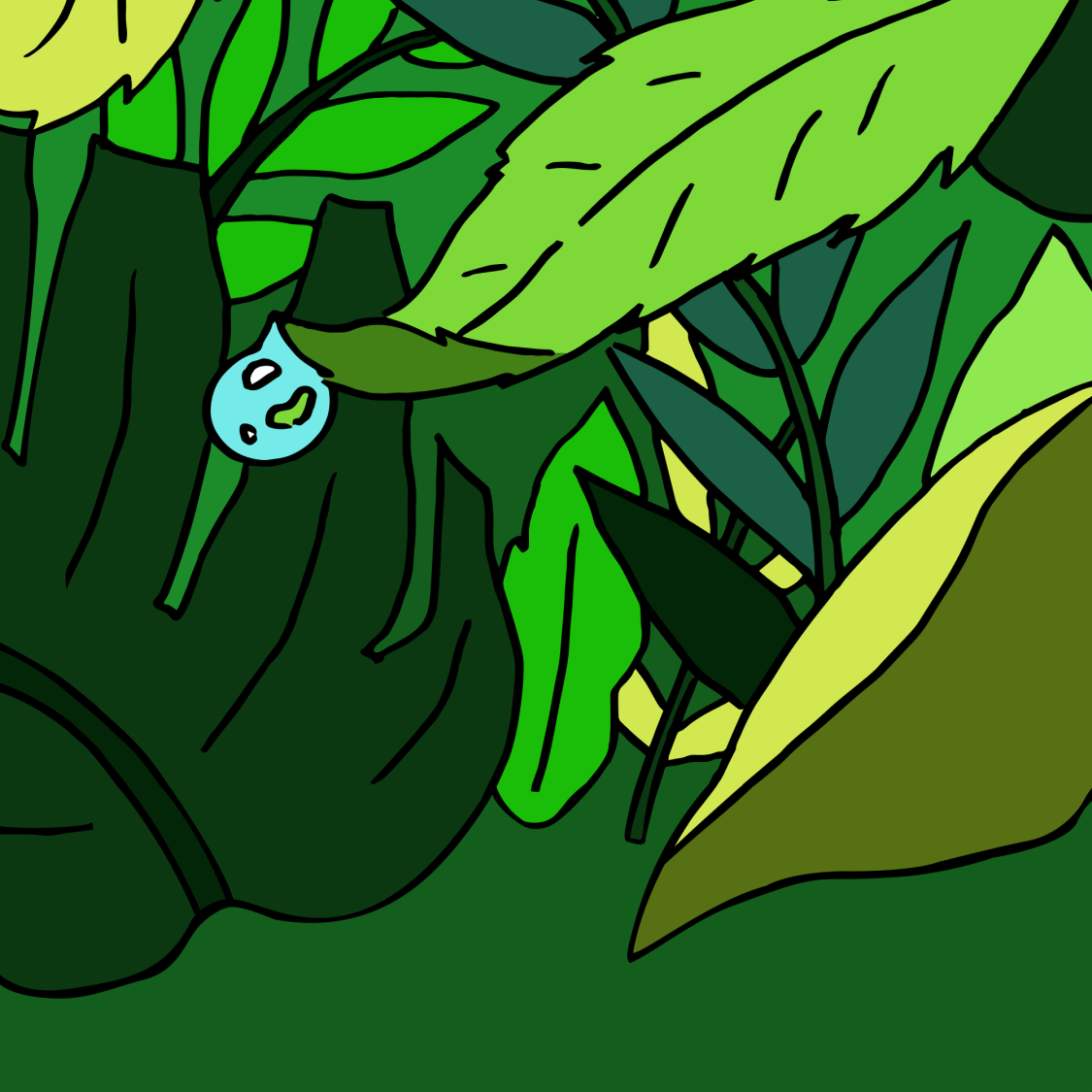Objectives
Our body naturally prepares for intercourse when we become sexually aroused. However, things don't always go smoothly all the time. As with anything else, sometimes our bodies face difficulties. When your aroused and ready to go but the lubrication just isn’t there, you might feel confused and frustrated, but with the right understanding you can assess the situation calmly. Let’s clear up some misunderstandings about vaginal lubrication and discuss how to deal with it.
Moist is Not Always A Must
Vaginal Lubrication
The vagina ‘getting wet’ during intercourse is a natural response of our body. When sexually aroused the blood flow to a woman’s genitals increases and fluid is produced inside the vaginal canal, flowing to the vaginal opening. This makes it easier to insert and move objects inside the vagina.
The taste of vaginal lubrication may bother you if your are considering oral sex. The bottom line is that vaginal lubrication is tasteless and it does not need to have a flavor. Vaginal lubrication is generally odorless and tasteless but there may be a slightly sour taste due to the acidity inside the vagina. The food we eat can have a meager impact on the taste of vaginal lubrication and although various popular media outlets introduce ways to ‘adjust’ the flavor of your vaginal lubrication, we chose not to include this. Let’s take a step away from the media and companies that pressure women to magically maintain a vagina that tastes like fruit or a sweet dessert.
This does not mean that NOT ‘getting wet’ is abnormal. Sexual arousal is a result of physical and psychological motivation and our body does not always respond in the same way every time like a machine. In addition to sexual arousal, the following situations can greatly influence a woman’s vaginal lubrication.
Things that Influence Vaginal Lubrication
- Changes in estrogen level during the menstrual cycle
- Menopause
- Foreplay
- Psychological state
- Drugs such as oral contraceptives
Lot’s of women face difficulty in secreting vaginal lubrication due to many reasons.
At the beginning and the end of the menstrual cycle, the body produces less estrogen and the vagina may be drier than usual. Our body may also have a stricter standard in arousal than we expect and there could be subconscious anxiety. ‘Vaginal dryness’ can be a symptom of a disorder interrupting the production of lubrication.
There is no need to place blame or feel guilty. Remember that as with all things in the world, the causes of vaginal lubrication problems are always complex. And there is good news. Unlike many dilemmas in life, problems with vaginal lubrication can be solved easily and with confidence.
Use a lubricant gel if your natural lubrication is insufficient despite being aroused. This is a great way to enhance your sexual interaction and create a smooth experience for all.
At times, the arousal of a person can be measured by the amount of vaginal lubrication, but this is not a decisive way to determine it. Sexual arousal is essential in producing vaginal lubrication but due to individual circumstances lubrication may not occur even with arousal. It’s important to take notice of a partner’s arousal in different ways. The easiest and most clear way is by asking and answering.
Vaginal Dryness
A lack of moisture needed for sexual activity and the health of the vagina is medically called “vaginal dryness.” Other than using a lubricant in intercourse, symptoms can be adjusted by regularly using vaginal moisturizers.
Vaginal dryness can occur in women of all ages but it’s most common after menopause. Around half of women going through menopause experience symptoms caused by vaginal dryness. According to a study conducted at the Harvard Medical School, 90% of women with vaginal dryness do not seek treatment despite experiencing not only dryness but also discomfort including irritation and pain during intercourse.
Many women with vaginal dryness are postmenopausal, but this does not discount the experiences of younger women. You can experience vaginal dryness regardless of age when taking drugs such as antihistamines or antidepressants, not drinking enough water, or due to a poor immune system.
Many older women consider vaginal dryness as a ‘natural sign of aging’ while younger women consider it as a ‘characteristic of the body’ that needs to be endured. But if your vagina is dry and you experience pain you need to see a doctor, just as you would when your stomach is in pain. Small and simple to use options such as hormonal treatments and vaginal moisturizers can easily relieve the symptoms of vaginal dryness. See a doctor if you are experiencing discomfort due to vaginal dryness and get an appropriate prescription.
Summary
- Vaginal lubrication is not a decisive indicator of sexual arousal or a criteria for affection.
- Use lubricants and get medical treatment if your vagina is chronically dry.
- Check out our content on ‘Lubricants’ for more information.
